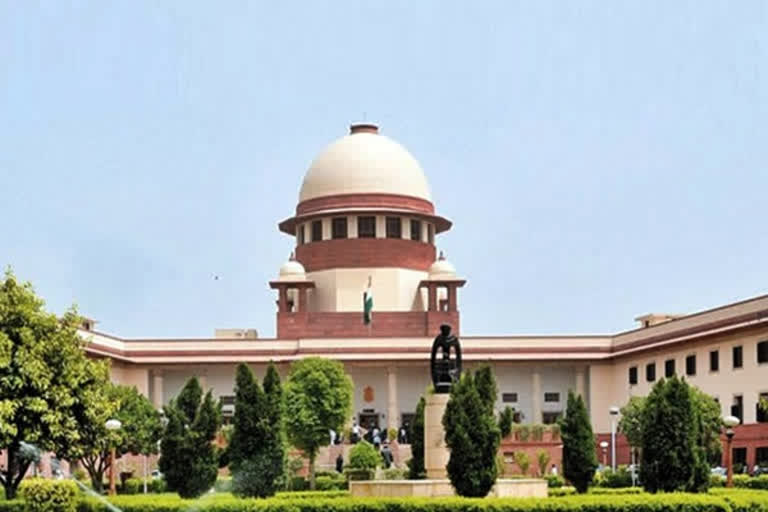New Delhi: In a major setback to Prime Minister Narendra Modi’s legislative reform agenda, India’s apex court Tuesday stayed the operation of three agriculture laws passed by the Modi government in September last year. The Supreme Court also formed a committee of farm experts and farmer leaders to look into the grievances of farmers to decide its next course of action.
The Supreme Court’s decision comes as a big setback for Prime Minister Narendra Modi as, despite strong protests from farmers of Punjab and Haryana, the government had refused to budge.
In fact, Prime Minister Narendra Modi himself led the charge from the front after his agriculture minister Narendra Singh Tomar, senior BJP leader and defence minister Rajnath Singh, and other cabinet ministers failed to persuade the farmers to end their agitation as they congregated at Delhi’s borders.
In an event to mark the transfer of Rs 18,000 crore to farmers' accounts under PM Kisan Samman Nidhi scheme, Prime Minister Modi last month assured them they could sell their produce anywhere including the existing Mandi system.
The Prime Minister blamed opposition parties for pushing their political agenda by creating a myth around the new farm laws.
"No Mandi will be closed, don't believe in rumours," he had said.
However, it failed to cut the ice with farmers, particularly farmers from Punjab and Haryana as these two state account for the lion’s share in the public procurement of wheat and rice at the government fixed price (MSP).
Reforms by stealth will not work: Bhanumurthy
While admitting the need for agricultural reforms, experts believe that these three farm laws were hastily implemented by the Modi government and the old system cannot be completely done away with without consulting other stakeholders, including states.
“Current agricultural reforms is a classic example where all of us expected that there was a need for agricultural reforms but what is important is that one cannot completely do away with the old system,” said NR Bhanumurthy, a top economist and vice-chancellor of Bengaluru based BASE University.
Professor Bhanumurthy, who closely tracks public finances and macro-economic policies, says we need stability in future.
“Reforming through stability is something we need to keep in mind,” Professor Bhnaumurthy told ETV Bharat.
